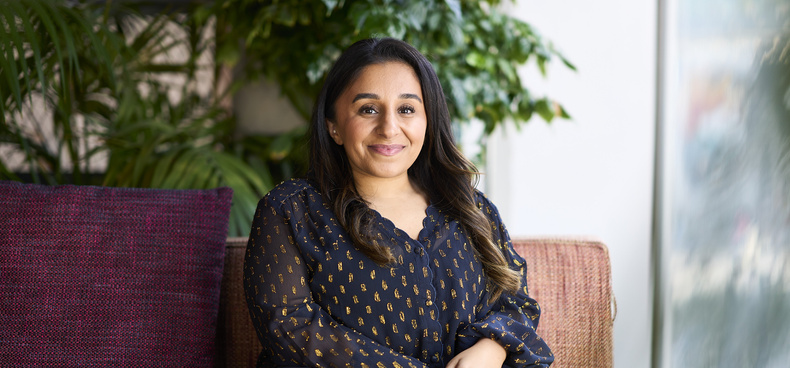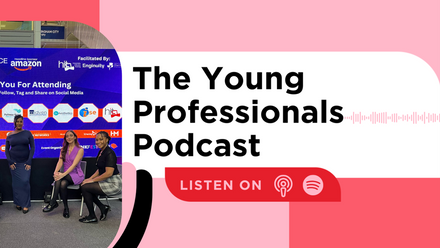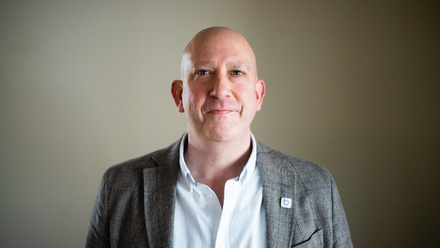Conversing with the nation's most influential disabled person: Dr Shani Dhanda

“I applied for over a hundred part-time jobs when I was 16, but I never heard anything back,” says Dr Shani Dhanda over a phone call with me.
Shani, our trailblazing woman of activism and the UK's most influential disabled person was explaining how the bias and stigma she faced experiencing disability prevented her from enjoying a typical life that we all enjoy - and sometimes take for granted.
Shani continued: “I didn’t think that people would be not getting back to me because I used to write that ‘I have a health condition, but it doesn’t affect my ability to this role’ in my cover letter. So, I did an experiment and took that one sentence off, and I got off interviews straight away.
“So, for me, I had to learn a really harsh life lesson at 16 about trying to find a job and how much stigma there is when you're a disabled person.”
Shani, who is a “proud Brummie”, explains that this was the wake-up call for a career that has now skyrocketed into the limelight to promote awareness about inclusion and disability.
"It left me feeling deeply concerned about my future - wondering how I would sustain myself without job opportunities. The fear of not being able to pursue my aspirations, financially and otherwise, drove me to take control of my own destiny.
“This necessity led to the development of an entrepreneurial mindset, born out of circumstances rather than choice.
“I decided to go to university and studied for a degree in event management, which led me to work in events for ten years. I later set up my own consultancy in inclusion and accessibility and I also started doing some side quests on the way.”
These side quests, as I later understood was founding both the Asian Woman Festival and the Asian Disability Network.
The Asian Woman Festival, which started as a one-day event to celebrate ‘culture, conversation, and art,’ was formed in 2019 but is now a global community of 30,000. The Asian Disability Network is a support platform around disability for South Asians, helping them navigate both their culture and disability identity.
Shani is now defining a new era of actively breaking barriers. She sparks transformative change as a consultant, collaborating with businesses and brands to authentically embrace inclusion and accessibility.
Her expertise in disability inclusion has had a profound global impact, collectively reaching over 1.5 million employees worldwide.
Beyond her TV presence, nine executive and five ambassadorial roles, Shani's impact extends to over 250 conferences worldwide, sharing stages with luminaries such as Michelle Obama and Hillary Clinton. Her work as a changemaker has earned her over twenty-five honours and awards.
Speaking about inclusion in the workplace, Shani says: “There's still a lot of change that needs to happen to include more people. Businesses need to understand that diversity is good for business.
“Because you don't want all the same types of people thinking in the same types of way because you're only going to get the same result. Women have different perspectives from men and other genders. Disabled people bring a whole different insight.
“The change that I want to see is more openness to flexible working, more openness to being more inclusive and diverse in the workforce because that's going to help your business to be way more productive and profitable.”
Shani’s latest accolades include partnering with Primark to launch the high street's first adaptive underwear collection, being appointed as the chair for the Disability Journalism Forum and Disability Working Group for the WMCA and publishing her first Children’s book.
On an ending note, I ask about a single piece of advice she would give to the younger generation of trailblazing women.
"I want the next generation of women to embrace unapologetic authenticity,” she adds.
“Don't let others dictate your path. Believe in yourself, pursue your passions and purpose—this will lead to remarkable achievements aligned with what brings you joy."



